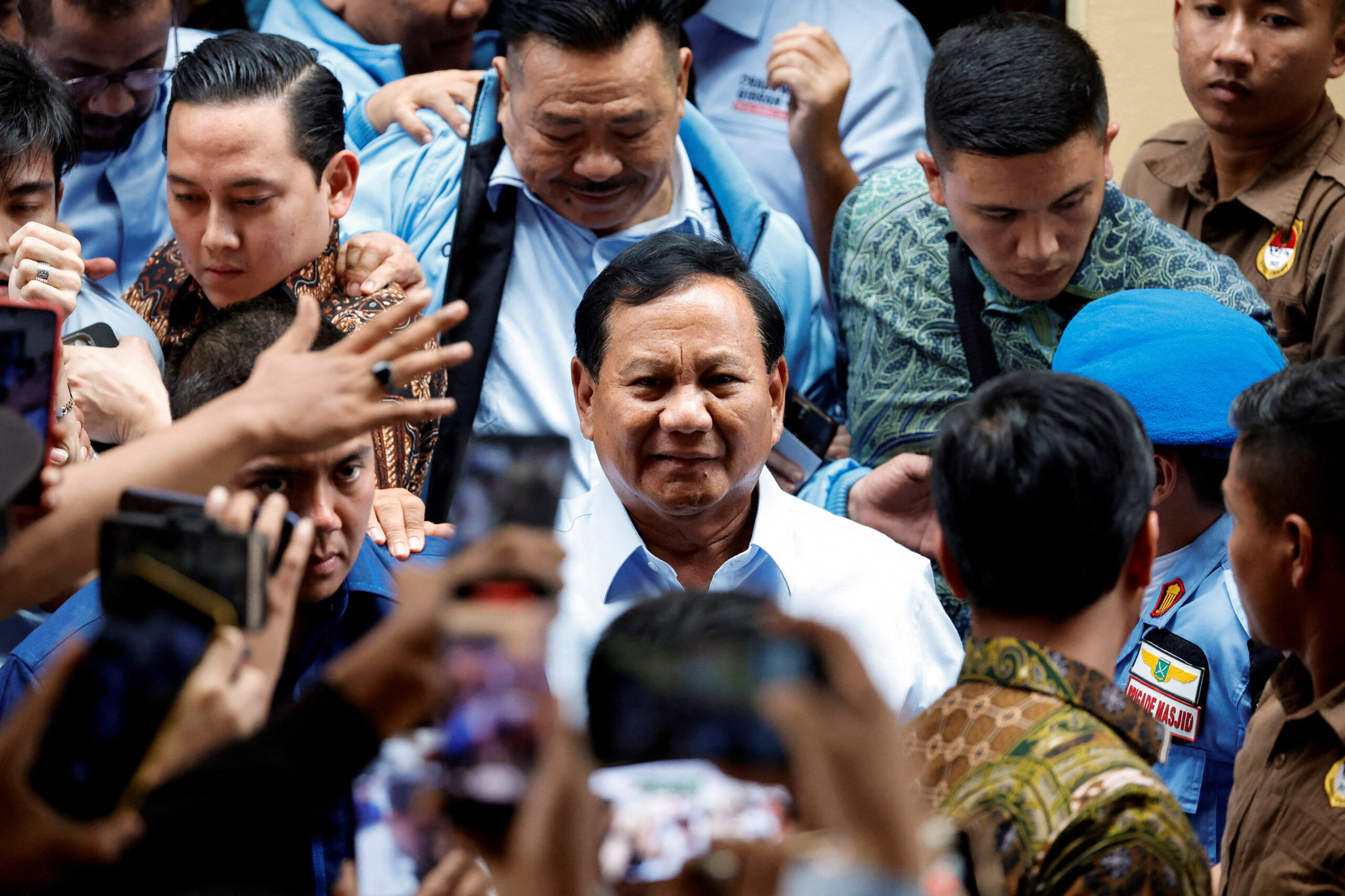Longevity, influence and the social media trap: Who do we trust with our health?
In a world where six-pack abs are flaunted more than six-point health plans, who are we really trusting […]

The three primary contenders in Indonesia’s upcoming presidential elections aim to enhance government revenues by establishing a new tax collection agency, despite facing skepticism from the tax and business sectors.
For a while, policymakers in Southeast Asia’s largest economy have contemplated the creation of a more robust tax institution to address the persistently weak revenue collection issue. This consideration persists even as simpler solutions, such as broadening the tax base, remain unaddressed.
Although Indonesia has managed its finances reasonably well during President Joko Widodo’s decade-long tenure, the country’s spending capacity is constrained by a deficit ceiling, substantial outlays on energy subsidies, and increasing interest payments on debt.
The election, scheduled for February 14, will determine the new president, and all three candidates have committed to transferring responsibility for the tax department from the finance ministry to the president.
According to recent opinion polls, Defence Minister Prabowo Subianto is leading the presidential race by a significant margin, followed by former provincial governors Ganjar Pranowo and Anies Baswedan.
Prabowo aims for the highest tax-to-GDP target of 18%, approximately $100 billion in additional tax revenue, if he secures the presidency, along with promises of personal income tax cuts.
Drajad Wibowo, an economist with Prabowo’s team, stated, “A new agency will make tax authorities stronger, more integrated,” emphasising the potential for improving officers’ capacity to investigate evasion cases.
Former Jakarta Governor Anies pledges to cut taxes for the middle class, increase them for the wealthy, and set a tax ratio target of 13%-16% of GDP. Anies envisions the supervision of these changes under a new agency modeled after the U.S. Internal Revenue Service.
Ex-Central Java Governor Ganjar Pranowo promises to double Indonesia’s budget, currently at $216 billion, through measures like cracking down on tax evasion with stricter law enforcement and implementing a digital tax collection system under a new agency.
Despite these proposals, some economists and the business community express reservations, suggesting that a new tax agency may not lead to higher revenue without addressing fundamental issues like the low tax base.
Jahen Rezki, a researcher with the University of Indonesia, suggests considering new taxes, such as on carbon emissions or inheritance. The World Bank cautions that the independence of a tax authority does not guarantee improved performance, stressing the need to strengthen rules for small businesses and enhance the compliance database.
Fajry Akbar, a researcher with the Center for Indonesia Taxation Analysis, argues that creating a new institution is unnecessary when simpler solutions like digitization and expanding the workforce of tax collectors are already in place.
Tutum Rahanta, an official with Indonesia’s retailers association, asserts that the proposed new agency would achieve little without a change in how tax officers interact with taxpayers to encourage income declaration, highlighting the importance of fairness in tax dealings.

In a world where six-pack abs are flaunted more than six-point health plans, who are we really trusting […]

In the era of social media, post-COVID, and with mental health at the forefront, a shift is taking […]